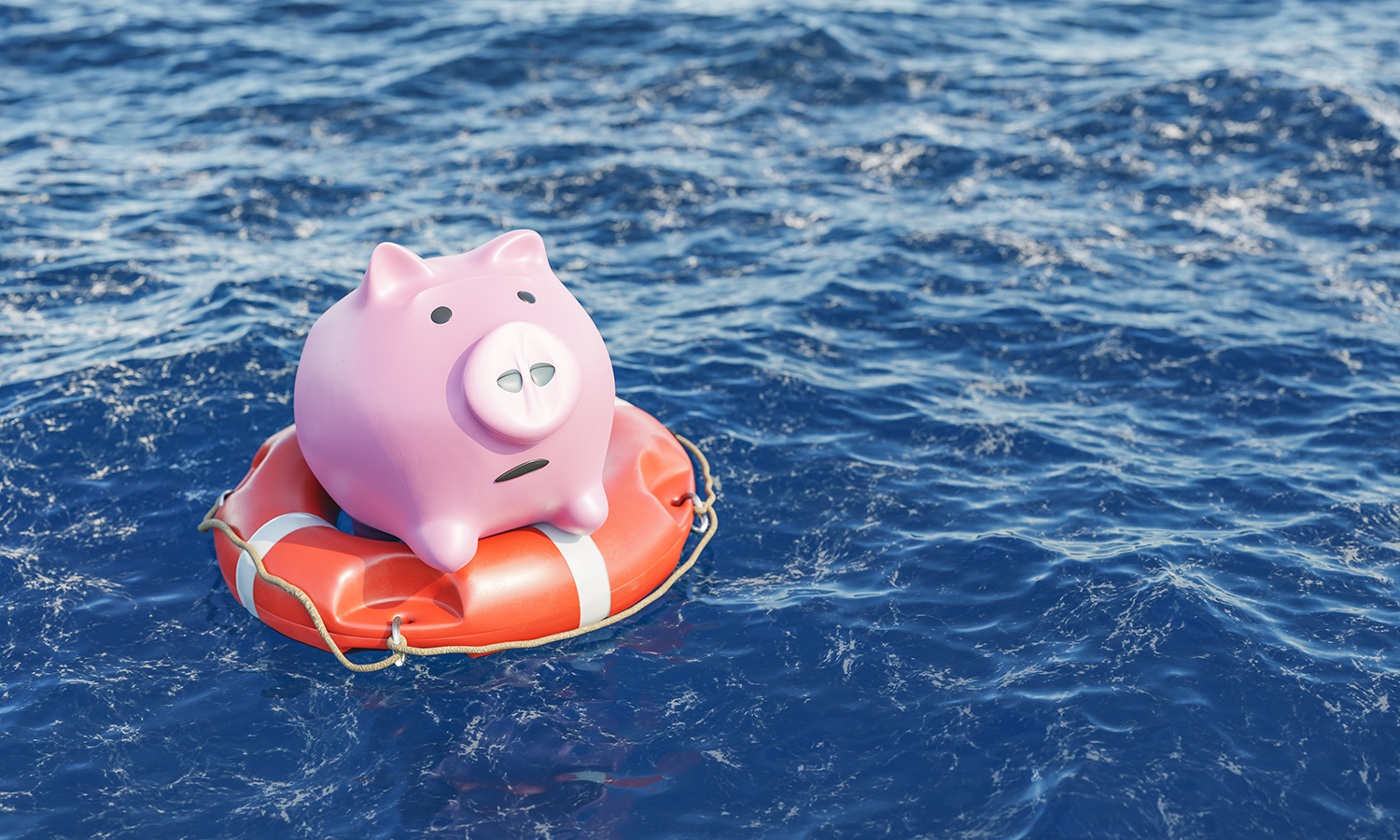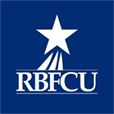Creating an Emergency Fund: Why? How Much? When?
Most of us like to think about things we can save for: A visit to a beach on our next vacation, that dream house at a desirable address, or a flashy car that will reflect our tastes — or at least have enough room to take the kids to school.

It’s great to think about saving for the fun things. However, saving for an emergency fund is essential to your ability to manage unexpected financial challenges and maintain your overall financial health, according to the National Endowment for Financial Education’s Smart About Money website.
If you’ve never thought about starting an emergency fund, or if you’ve had trouble getting started, here are a few questions to consider:
Why?
Because an emergency fund can shield you from the high cost of borrowing, and keep you from hydroplaning into debt, according to the FINRA Investor Education Foundation.
In other words, it’s better to draw $1,000 from a savings account to cover a repair bill or emergency travel than to charge $1,000 on a credit card at 12% APR while taking a year to repay it. You can see the costs by using the financial calculator below (please click the "down" arrow and select the applicable calculator).
How Much?
Many financial professionals would recommend saving three to nine months of your living expenses. You can see how much to set aside for emergencies by the financial calculator below (please click the "down" arrow and select the applicable calculator).
It’s also recommended that you keep the money in an easy-to-access, liquid account. A savings account or a Money Market works for this, but keep in mind you could be limited on the number of withdrawals you are allowed to make each month.1
Kiplinger’s Personal Finance magazine recognizes that amassing six months of living expenses in an emergency fund is easier said than done, so the magazine provides seven practical ways to start building an emergency fund now.
When?
It’s never too early to start. Educators at Texas State University encourage students to establish emergency funds independently from their parents because this kind of habit-forming will serve college students well for the rest of their lives as they will always maintain a certain level of financial security.



